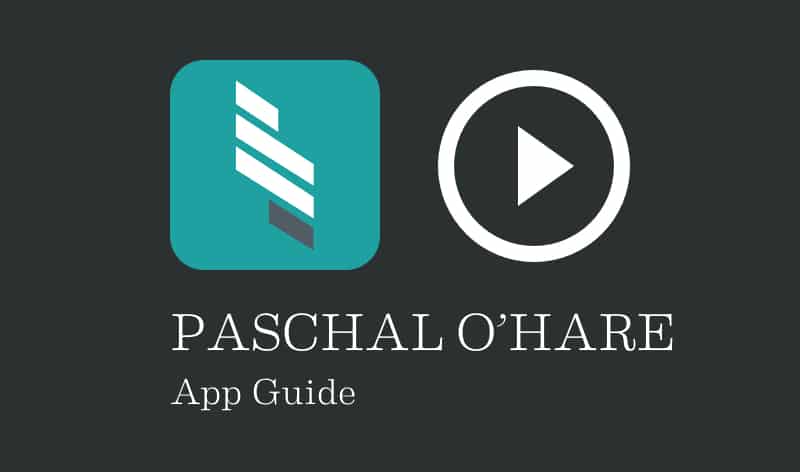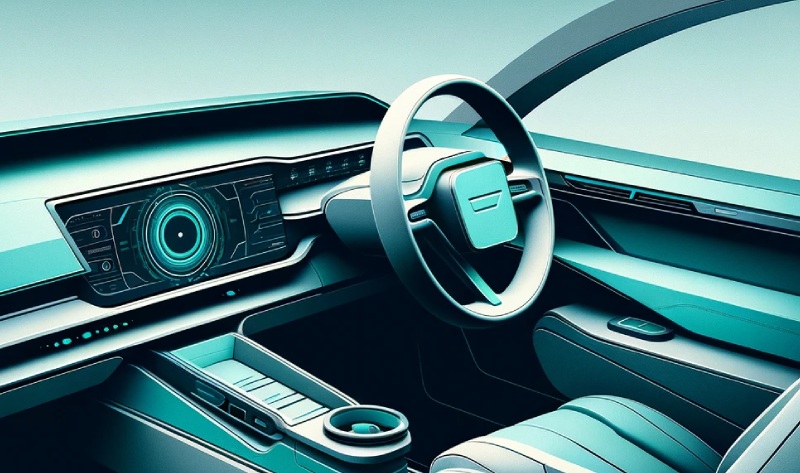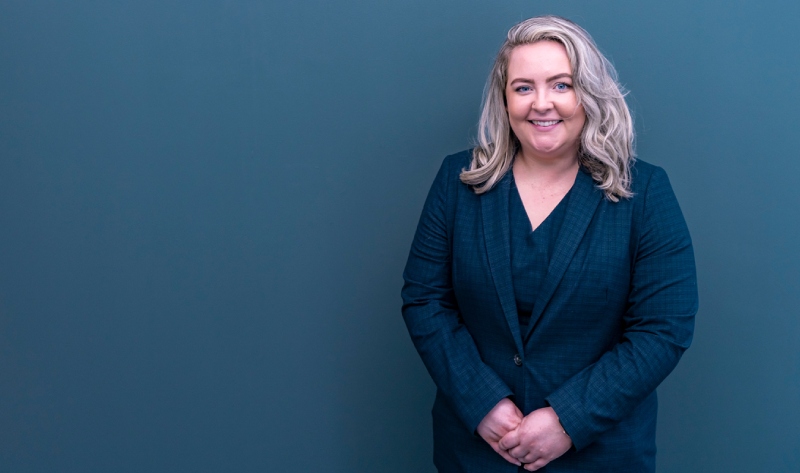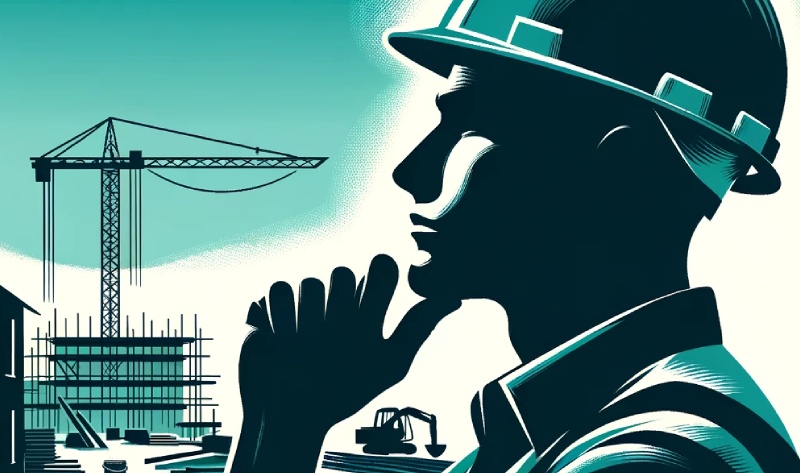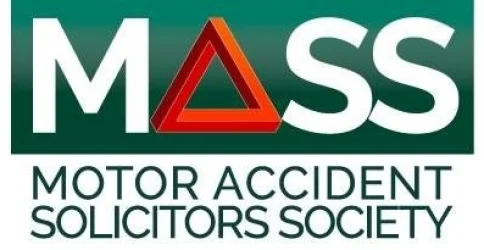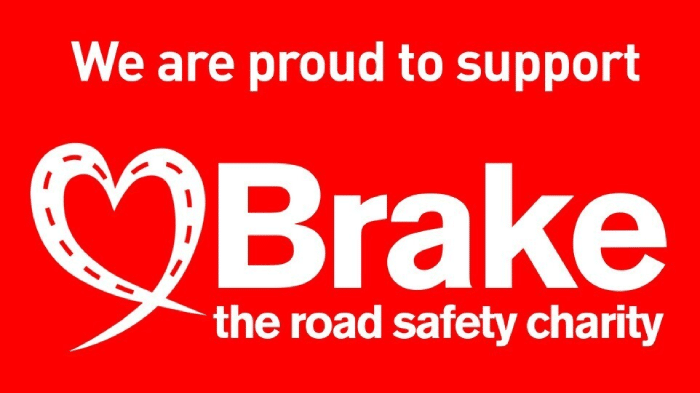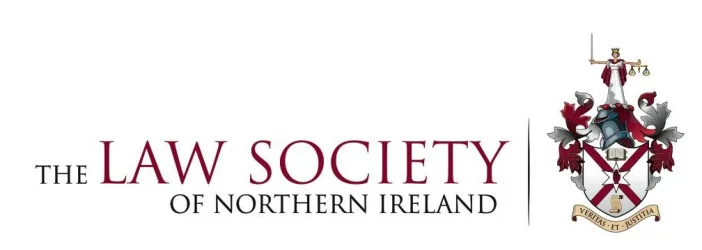In many instances of road traffic collisions it remains a civilised matter, even when the other party is clearly at fault or has admitted liability. Most people take the other party at their word, exchange details and presume the matter will be resolved quickly and stress free. Unfortunately though, some motorists at fault later change their story in order to hide their liability and this often creates a scenario where it’s hard to prove otherwise. This creates a conflicting version of events.
We’ve compiled some tips on how to avoid dishonest at fault motorists hiding the truth.
If involved in an accident, your priority should be to ensure that you, your passengers, other drivers and pedestrians are out of harm’s way, especially before leaving your vehicle. If there are injuries, call emergency services immediately.
Sharing your details
You and other drivers involved are legally obliged to share your name, contact details and insurance details with all those involved. If you feel unsafe or the other driver flees the scene without sharing their details then you should contact the police.
Photographs
At the scene, take as many photographs as you can. You should attempt to capture the damage to all vehicles and property involved, the road in general, tyre skid marks and the individuals involved. Although it is perfectly legal to capture images of people in a public space, you should do so subtly so as to not antagonise what is already a tense situation.
Videos
You might also consider capturing video footage. This is especially useful as it will also audio record the conversation between the parties involved. This will prevent anyone denying having said something that may be important to establishing liability later. Like with photography, this is legal however we would urge you to exercise subtleness.
If you have a passenger with you, you could ask them to take photos and video the scene.
Dash cams
If you don’t already own one, we recommend investing in a dash cam. These small car dashboard mounted cameras record everything in front of your vehicle and are excellent sources of evidence in road collision cases.
Witnesses
If there are any independent witnesses at the scene you should ask them for their contact details. They don’t have to oblige you however the majority of people will offer assistance to strangers in stressful situations. You should also take a note of security cameras or CCTV that may have captured the accident.
Notes
Following the accident, you should write down everything that happens and what was said as soon as you can and whilst it’s fresh in your head. Include as much detail as you can, not forgetting names, addresses, licence plate numbers, dates, times and other such details.
Injuries
If you are injured, you should speak to your solicitor as soon as you can. If you don’t have one in mind already, save our 24 hour number in your phone address book.
We can be reached on 0800 020 9311
You should also contact your insurance company and let them know you were involved in an accident. Most policies state you should do this within 24 to 48 hours, even if the accident was not your fault. If you followed our advice, your insurer will be very pleased to hear that you gathered so much evidence.
Hopefully at this stage the matter will be resolved quickly and relatively hassle free. However if the other driver is blaming you for the accident it may complicate matters. However you should now hopefully have enough evidence to prove your own version of events.
If you were involved in an accident that wasn’t your fault we may be able to help. Learn more about our service or contact us for a free no obligation enquiry.
